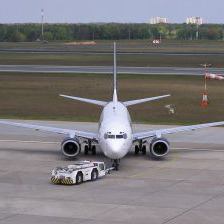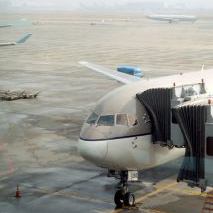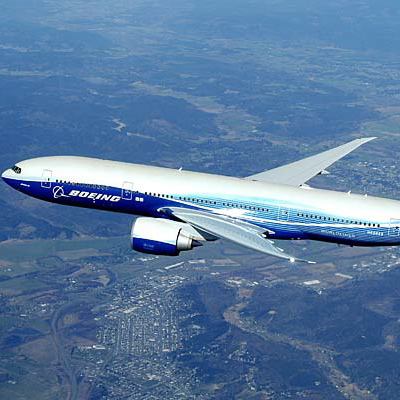Travel Tips
Dept. of Transportation, Not Congress, Announces Airline Passenger Bill of Rights
 The Department of Transportation has finally given airline travelers a passenger bill of rights.
The Department of Transportation has finally given airline travelers a passenger bill of rights.
The new regulations will take a stand against long tarmac delays and deliver just about everything consumer activists have been asking for.
But will it have an impact in time for the busy holiday travel season? Keep reading to find out how the passenger bill of rights will affect you.
The new rules announced Monday will put a time limit on tarmac delays, requiring airlines operating domestic flights to allow passengers to get off the plane if the flight has been delayed for three hours.
 Within two hours, airlines will have to provide food, water and medical attention for passengers. If the airline goes over the three-hour limit, it will be fined $27,500 per passenger.
Within two hours, airlines will have to provide food, water and medical attention for passengers. If the airline goes over the three-hour limit, it will be fined $27,500 per passenger.
There are a few exceptions to this. Foreign carriers do not have to abide by the new rules and U.S. carriers operating international flights can specify in advance their own time limits for letting passengers off the plane.
In addition to the time limits, airlines will also face a government crackdown for scheduling chronically delayed flights.
Learn more with: An Air Passenger’s Bill of Rights on The Early Show
Consumer watchdogs like Kate Hanni have long been clamoring for such a passenger’s bill of rights. These new rules from the Department of Transportation will grant fliers even more than legislation currently being kicked around in the Senate.
 Last month, the DOT fined Continental, ExpressJet and Mesaba Airlines $175,000 for a lengthy tarmac delay in Rochester, Minnesota when 47 passengers were stranded overnight on a small plane. This was the first time the department had ever fined airlines for a tarmac delay.
Last month, the DOT fined Continental, ExpressJet and Mesaba Airlines $175,000 for a lengthy tarmac delay in Rochester, Minnesota when 47 passengers were stranded overnight on a small plane. This was the first time the department had ever fined airlines for a tarmac delay.
The airlines say these new rules will have unintended consequences and cause more problems than they solve. They predict that the new time limits will result in more canceled flights and ultimately longer delays for passengers.
Even though the new rules were announced on Monday, they will not go into effect for 120 days. The DOT is also working on strengthening other guidelines requiring airlines to disclose full fares in advertisements and include baggage fees upfront.
By Dan Bence for PeterGreenberg.com.
Related Links: DOT Press Release, Associated Press
PeterGreenberg.com Links:
- Travel Detective & Middle Seat Columnist Talk Upgrades, Downgrades, Passenger Rights
- An Air Passenger’s Bill of Rights on The Early Show
- FAA Reauthorization Bill Includes Passenger Rights, Air Traffic Control Modernization
- The Jet Blues
- Travel Detective: Olympic Cities, Airlines’ False Imprisonment and Hotel Safety
- Passenger Rights Activist Kate Hanni Accuses Delta of Hacking Her Email












